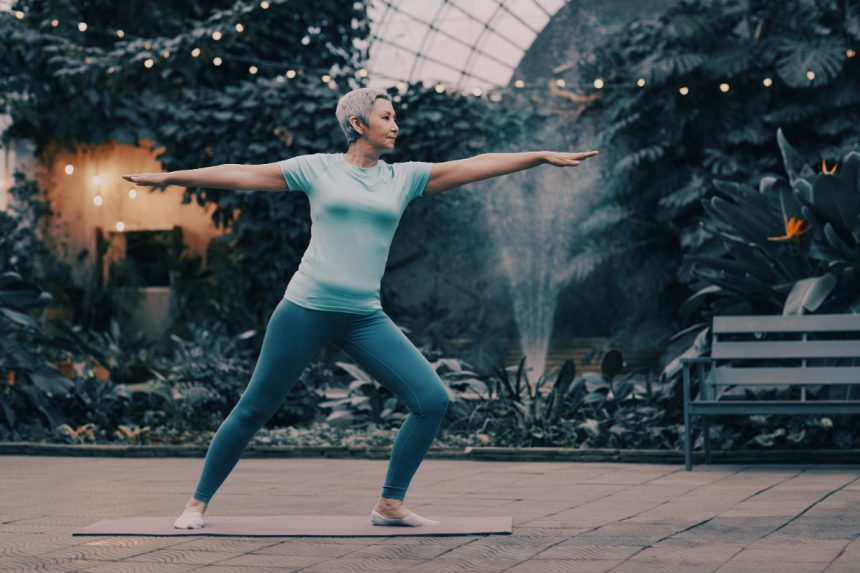As The Coronavirus Pandemic has progressed and inflicted serious physical damage on entire populations, the primary focus of both Governments and Health Institutions has been to protect the public’s physical health. With the focal point being on the physical repercussions of this virus, less attention has been paid to other aspects of life affected by the pandemic – specifically, the psychological effects created by extreme alterations to our regular social interactions and ability to financially support ourselves. This has left many people suffering from increased levels of depression, anxiety, stress and loneliness.
Anxiety & Depression At All Time Highs
As a reflection of this, a recent study carried out by Tel Aviv University found a direct correlation between the ongoing pandemic and an increase in levels of anxiety & depression amongst Israeli’s. The study compared the levels of anxiety & depression in participants before and at various stages throughout the Pandemic. It presented anxiety & depression levels reaching an all time high during the peak of the 2nd lockdown in (October 2020) with high-very high levels of anxiety jumping from 12% to 29% since 2018, and high-very high levels of depression rising from 9% to 20% since 2018 (read the full study here online).
“It’s during the darkest moments that we must focus to see the light.”
Aristotle Onassis
Another study by Physicians For Human Rights showed that there has been a significant rise of anti depressant/anti anxiety medication & painkiller usage during the pandemic.The research revealed that almost half of the people taking anti depressant/anti anxiety medications, either took these medications for the first time or increased their dosage since the start of The Pandemic (read an article about this study here). Similarly, over one third of those taking prescription painkillers did so for the first time, or increased their dosage. It has additionally been observed that Israeli’s have been smoking more cigarettes and eating less healthily since the onset of The Coronavirus Outbreak.
Depression and anxiety can impact concentration levels, mood, sleeping & eating habits, and can inhibit social interactions, work life and relationships. There are a number of different practices and treatment options that can help to combat these conditions, and enhance mood & overall well being. Such practices include:
Mindfulness Effectively Decreases Anxiety
Mindfulness is a form of meditation, centered around intentional awareness/focus on the present moment. It is practiced through channeling one’s energy on the here and now, rather than deliberating about the past or worrying about the future. The technique has been found to increase acceptance of one’s emotions, and build better relationships with others & oneself. Mindfulness has been proven to be effective in improving mood and decreasing anxiety (read a study about mindfulness-based therapy here).
“Difficult roads often lead to beautiful destinations”
Zig Ziglar
Mindfulness can be practiced in a group setting, with a personal guide, or interdependently. There are many resources available, such as books, podcasts, YouTube videos and webpages.
Therapy (Psychotherapy/CBT)
Talking Therapies, as well as Cognitive & Behavioural Therapies have long since been successful in treating Emotional/Mental Health Disorders. Deciding on therapy options will depend on each individual, and the specific support they require. It is advisable to consult with a family physician, or to seek recommendations from family or friends when seeking out therapy options.
Whilst there was once more of a stigma towards ‘being in therapy’ it is now more commonly accepted in society. Municipal therapy options can be accessed through The Israeli Health Fund, and resources, such as Get Help Israel and IsraelDoctor.com are available for locating private therapists.
Medications
Mental Health Conditions are believed to be connected with a chemical/neurotransmission imbalance in the brain. Certain types of antidepressant & anti anxiety medications work on correcting this imbalance, and can be helpful in reducing symptoms and improving mood. There are many forms of medication that may be beneficial, so it can take some time to find one that works well for each individual. Medication may be a short term treatment option to boost one’s condition, or else a long term option for maintenance & management.
Vitamins, Minerals & Supplements
As a more natural alternative, vitamins, minerals and dietary supplements have been found to improve mood & mental state. Vitamin D, B Vitamins, Zinc, Magnesium & Omega 3 Fatty acids all play an important role in regulating/improving brain function and have been shown to be beneficial in boosting one’s mood.
During these unprecedented times, it’s important to practise self compassion, and not to expect yourself to manage or perform in the same way as you did prior to The Pandemic. It’s ok to struggle, and it’s ok to ask for help.
Our Psychologist and our General Practitioners at Tel Aviv Doctor work hand in hand and they have a range of experience with assisting patients with both their medical and emotional health. We believe that the body & mind are deeply connected, and need to be treated in conjunction with one another.
Whilst medications are prescribed when deemed necessary, our Doctor’s work hard to explore non pharmaceutical alternatives whenever possible in accordance with Our Philosophy of Care.
To find out more about alternative treatments to pharmaceutical medications, continue reading our blog post about Social Prescribing.



